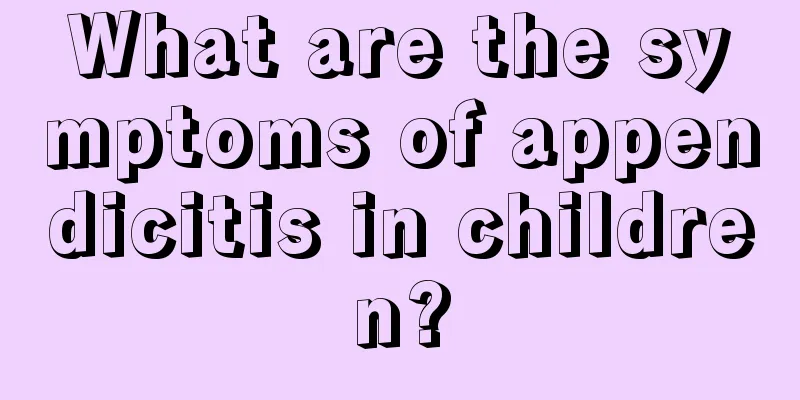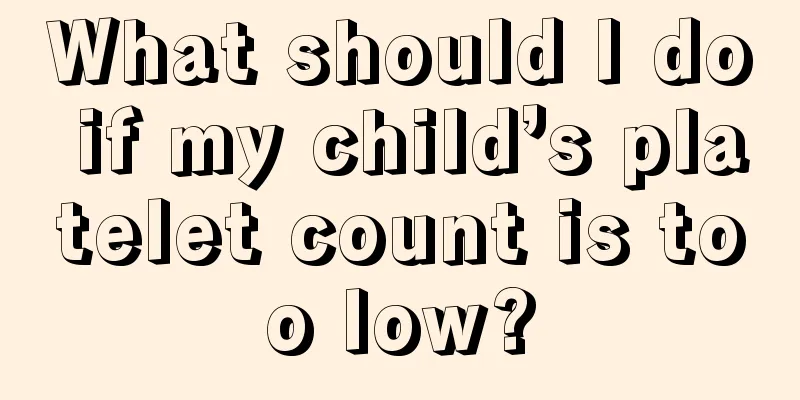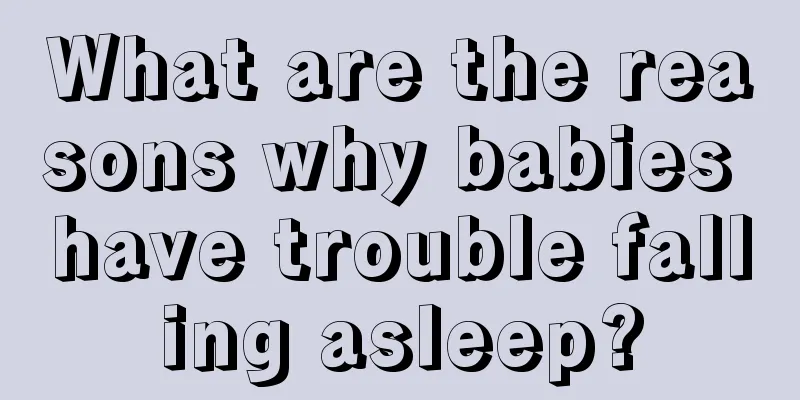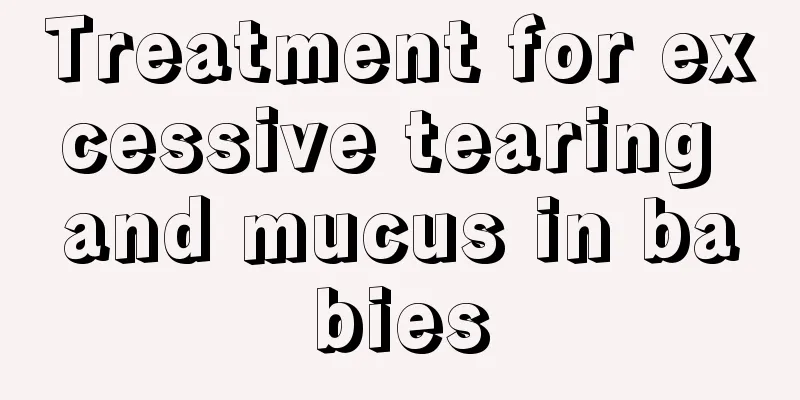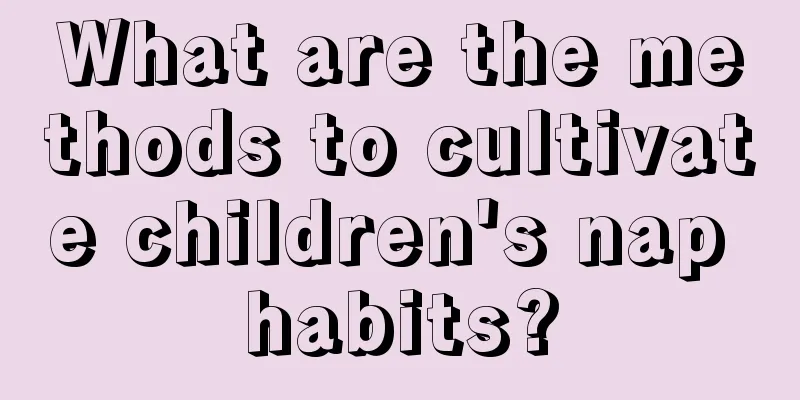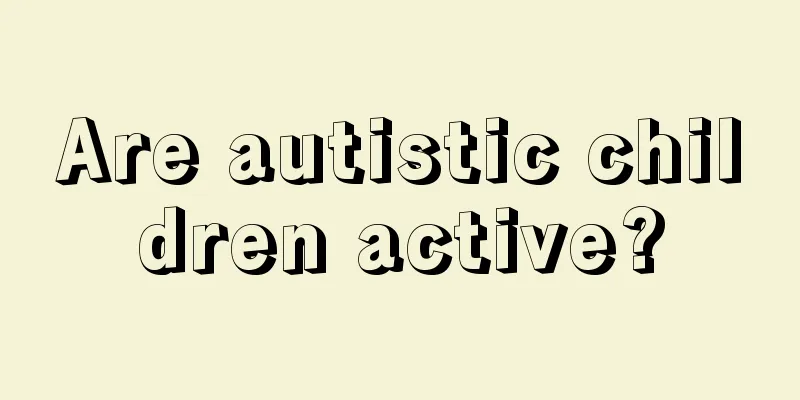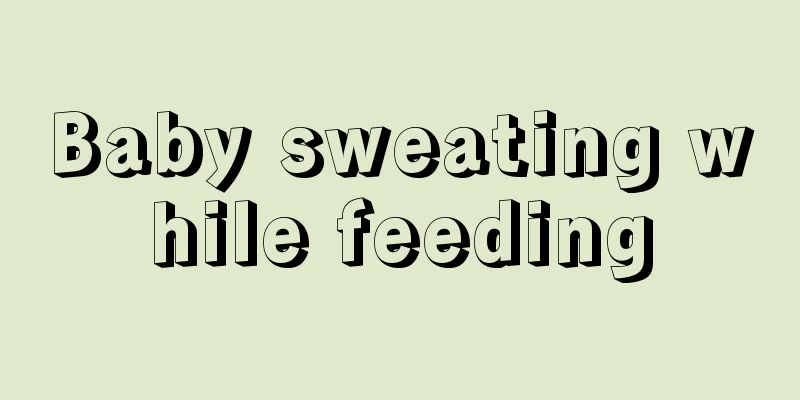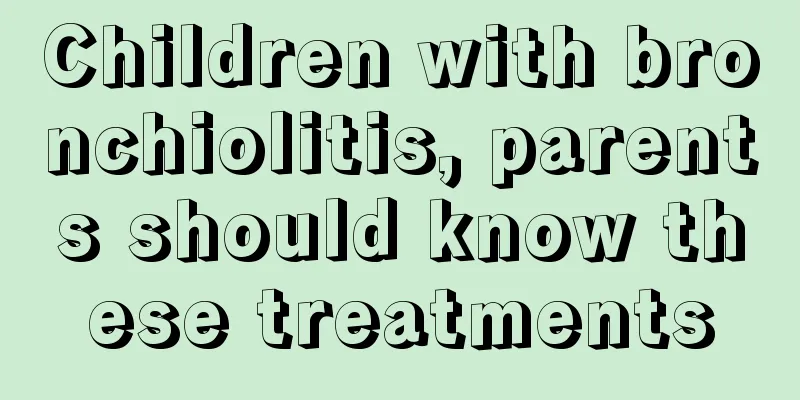What is the problem when children have reached the age of tooth replacement but have not yet changed their teeth?
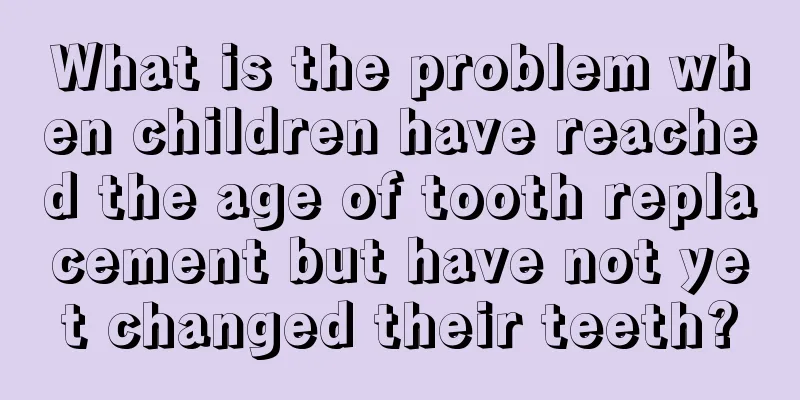
|
When children reach a certain age, they will start to lose their teeth and then grow new teeth. We call this process tooth replacement. A few days ago, a friend told me that her daughter is in the fourth grade of elementary school but has not started to change her teeth, while other children of the same age have already changed their teeth. She is worried that her child is unhealthy. Next, let’s take a look at the age at which children start to replace their teeth. Tooth replacement is the process of deciduous teeth falling out and permanent teeth growing in. During the growth and development process, there is a permanent tooth germ under the root of each deciduous tooth, which gradually develops and grows. During the eruption of the permanent tooth, on the one hand, it compresses the alveolar bone between the deciduous tooth root and the permanent tooth germ, and through the action of osteoclasts, the bone is absorbed and thinned until it is completely absorbed; on the other hand, it directly compresses the deciduous tooth root, causing it to gradually absorb, become shorter and shorter, until it disappears completely. Then the deciduous teeth begin to fall out and the permanent teeth gradually grow in. Normally, at the age of 6 to 7, the deciduous central incisor (central front tooth) of the mandible begins to shake and fall out, and soon the permanent central incisor grows in its place; at the same time, the first molar grows behind the second deciduous molar. After that, the other teeth were replaced one after another. The permanent monocuspids and bicuspids can only grow out after the deciduous teeth in the same position fall out. By the age of 12 to 13, all the deciduous teeth have fallen out and have been replaced by permanent teeth. Later, permanent teeth will appear. Retained deciduous teeth When deciduous teeth do not fall out when they should, doctors call this phenomenon retained deciduous teeth. Children should be taken to the hospital for examination and treatment in time. Retained teeth that have erupted but the deciduous teeth have not fallen out should be extracted as soon as possible to avoid affecting the eruption of permanent teeth in the normal position. If the deciduous teeth have not fallen out and the permanent teeth have not erupted after the age of tooth replacement, do not extract them easily. If the permanent teeth are congenitally missing, the deciduous teeth should be kept as much as possible. From the above, it can be seen that if children have not yet lost their teeth when they reach the age of losing their teeth, parents should pay enough attention to it. Pay close attention to changes in your child's teeth, and report any changes to your doctor in a timely manner to avoid unnecessary trouble. |
<<: Why do children reach the age of tooth replacement but have not yet changed their teeth?
>>: Is it useful to use honeysuckle to wash baby eczema?
Recommend
What should I do if my baby still coughs after recovering from a cold?
We all know that once we catch a cold, we may hav...
What causes bedwetting in teenagers
When it comes to children wetting the bed, many p...
Causes and clinical manifestations of neonatal thrush
What kind of disease is neonatal thrush? Do you k...
Why do I have a lump on my arm after getting a vaccination?
Vaccinating your baby on time and according to re...
Why does my baby's leg joints make noises?
Newborn babies always have some problems that mak...
Nutritious meal menu for kindergarten?
Generally speaking, babies need to go to kinderga...
Baby has not had a bowel movement for 8 months and 4 days
Mothers all hope that their babies can grow up he...
Newborns don't cry when they are hungry
When babies cannot speak, they will cry to attrac...
Is it serious if a child has a fever and shivers?
It's already January, and although the temper...
Is it good for children to do sweat steaming?
Sweat steaming is a recently popular leisure acti...
Can childhood convulsions be cured?
Childhood convulsions are a common disease in chi...
Can babies eat fish when they have a fever and diarrhea?
We all know that fish is a relatively good food, ...
What is the reason for hair loss in three-month-old babies?
Three-month-old babies are in the period of growt...
What to do if your child has a cold, cough and yellow phlegm
The symptom of coughing is actually very common. ...
What to do if your baby sucks his fingers
Thumb sucking is a common problem among children....
